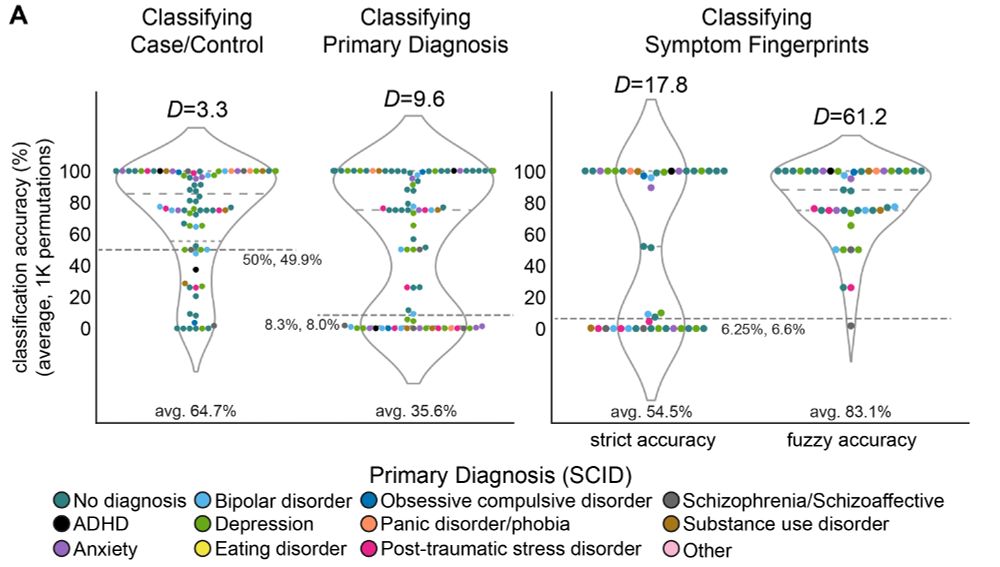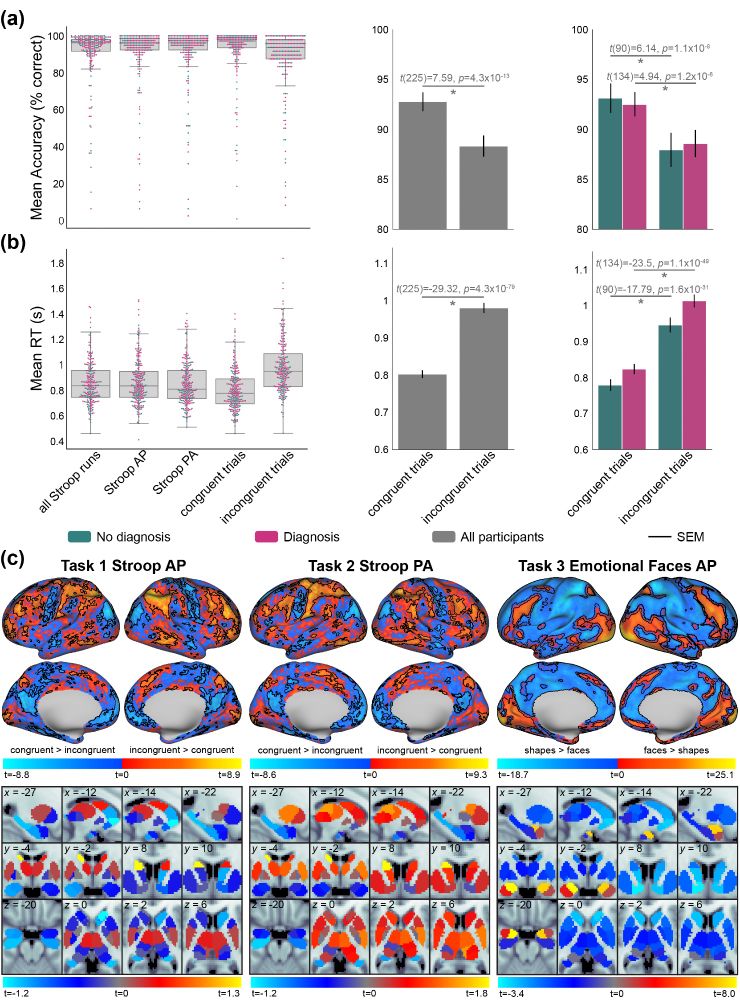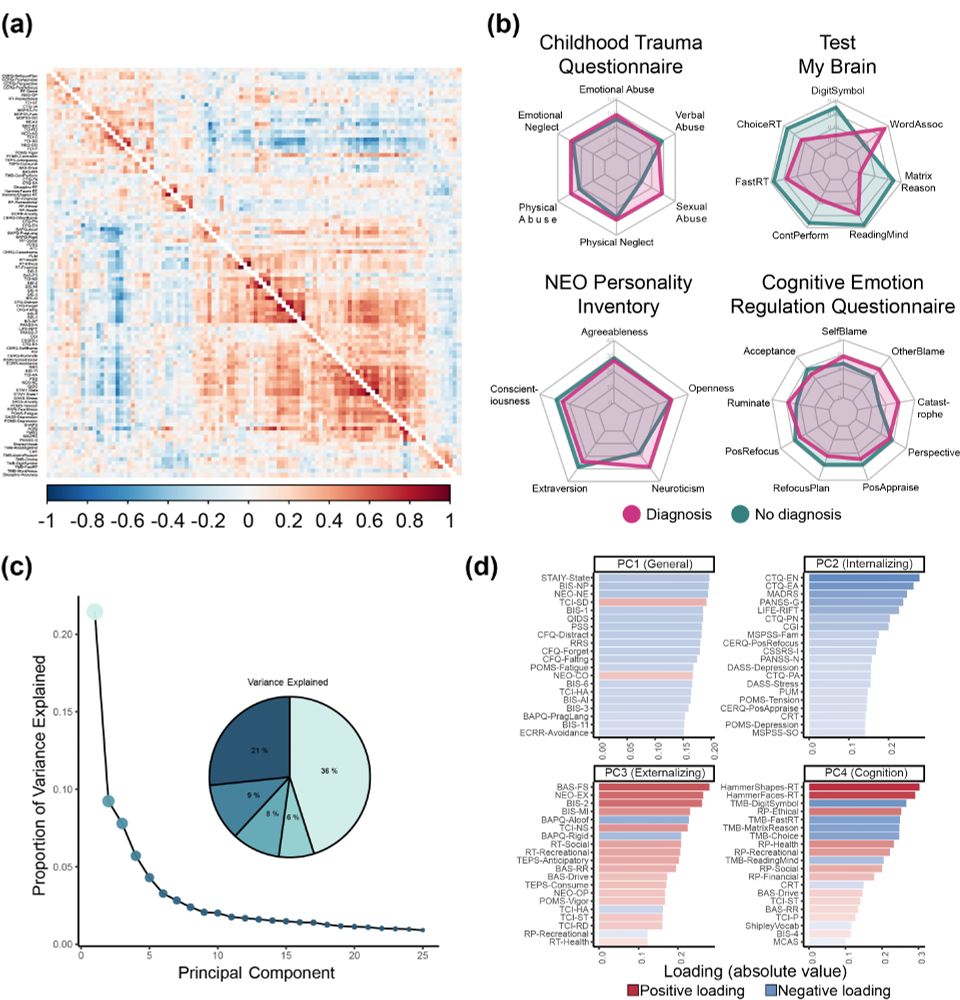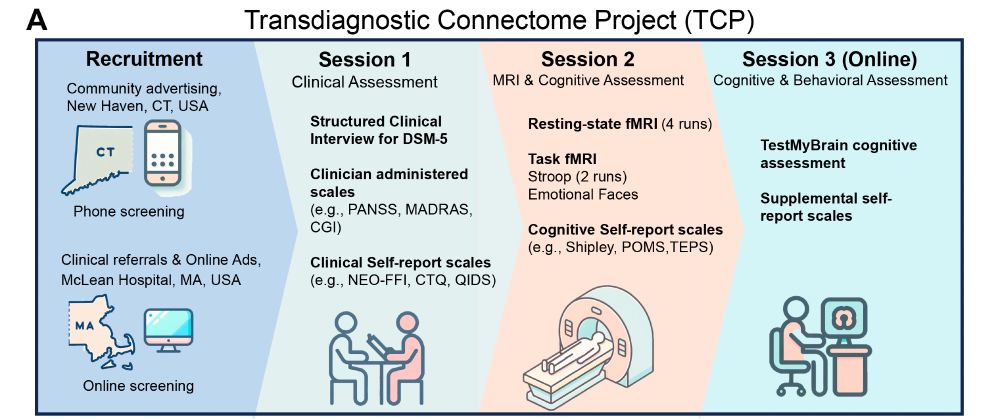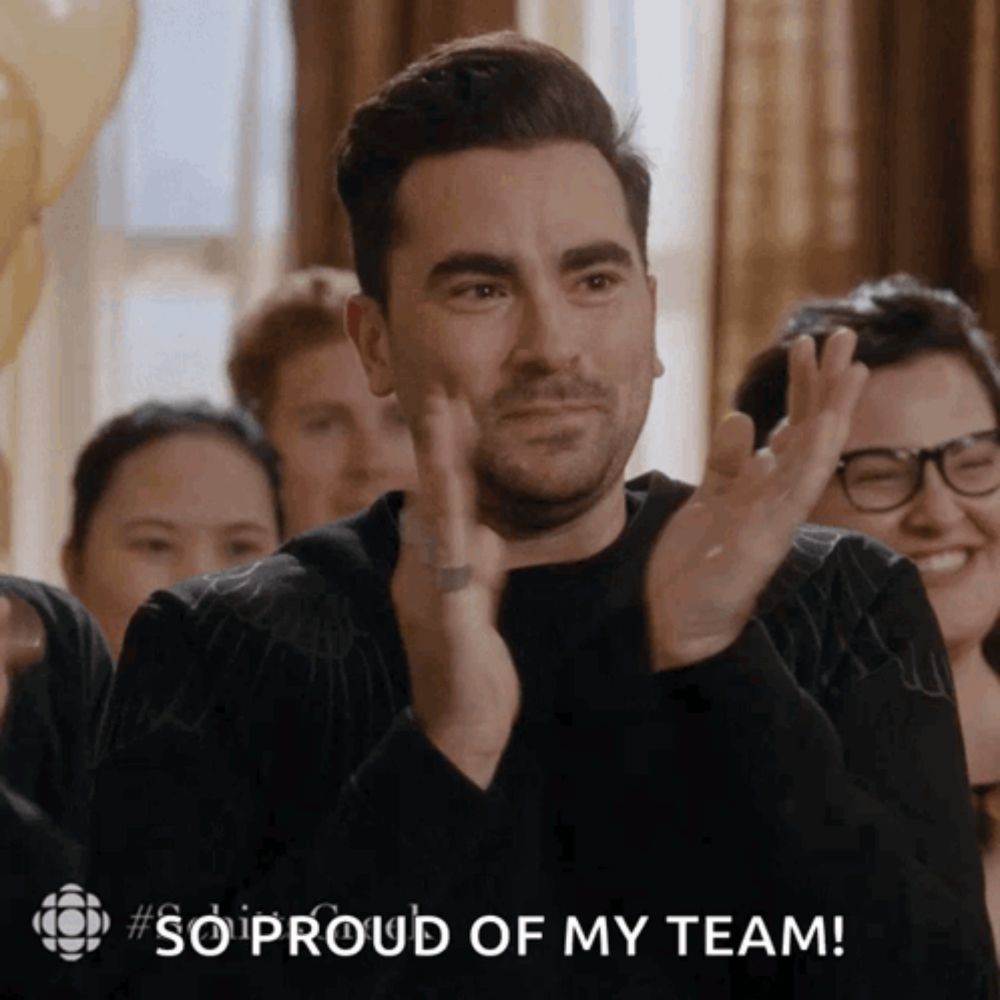Carrisa V. Cocuzza, PhD (she/her)
@carrisacocuzza.bsky.social
910 followers
1.3K following
69 posts
Postdoc computational, clinical, network neuroscience and all things cognitive control || holmeslab.rutgers.edu/ sites.rutgers.edu/cahbir/ formerly Yale Psychology || PhD: colelab.org/ || carrisacocuzza.wixsite.com/neuro
Posts
Media
Videos
Starter Packs
Pinned
Reposted by Carrisa V. Cocuzza, PhD (she/her)
Reposted by Carrisa V. Cocuzza, PhD (she/her)
Loïc Labache
@loiclabache.bsky.social
· Apr 12

The molecular and cellular underpinnings of human brain lateralization
Hemispheric specialization is a fundamental characteristic of human brain organization, where most individuals exhibit left-hemisphere dominance for language and right-hemisphere dominance for visuosp...
doi.org
Reposted by Carrisa V. Cocuzza, PhD (she/her)
Reposted by Carrisa V. Cocuzza, PhD (she/her)
Avram Holmes
@avramholmes.bsky.social
· Mar 19

